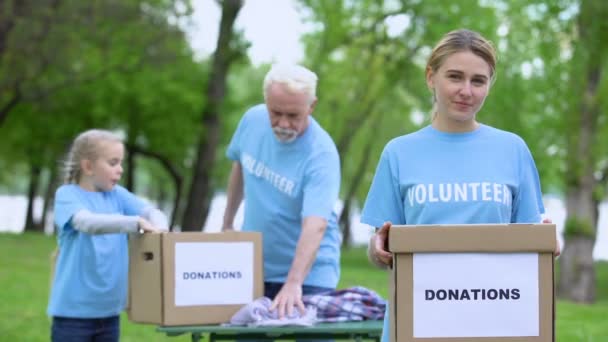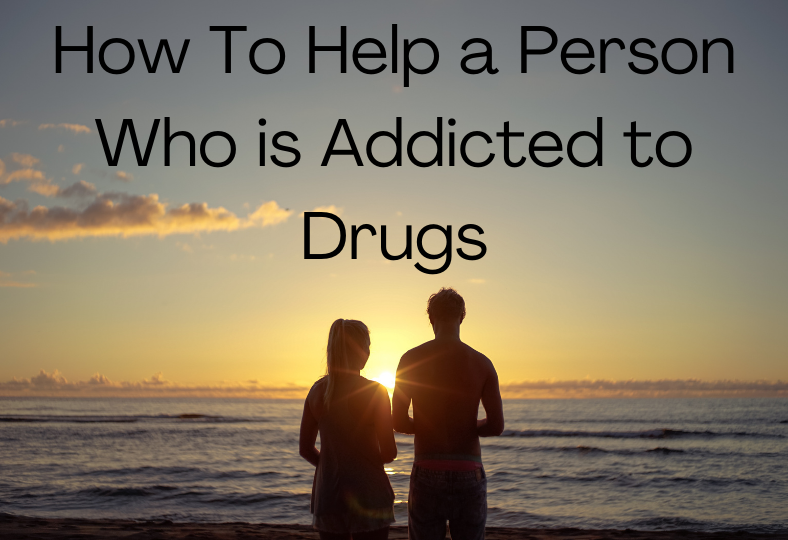Drug addiction is an intricate illness that involves compulsive use of certain substances, coupled with psychological traits like irritability, mood swings, emotional detachment, and even psychoses. Addiction is not a new phenomenon, but the advances in our understanding of this phenomenon over the past few decades have made it easier for those afflicted to seek treatment. Many individuals begin their drug addiction by using social, recreational, or legal substances, but many turn to drugs as a means of escape from their problems. Unfortunately, pursuing substance abuse can lead to serious physical complications, which can include death, depending on the type of substance abuse and how susceptible the individual is to addiction. For many, substance abuse can become an obsession, which can lead to serious problems like severe depression, severe anxiety, and even bipolar disorder.
Effects of Drug Addiction
In cases where drug addiction has claimed the life of someone close to them, the disease can be particularly devastating, and requires an integrated treatment plan that addresses the biological factors that may have contributed to drug addiction and other mental disorders, as well as the psychological factors that may have contributed to the drug addiction in the first place. Drug addiction can lead to many different types of illnesses including heart disease, respiratory problems, gastrointestinal problems, memory loss, depression, cravings, and much more. These illnesses can range from mildly annoying to seriously debilitating, and understanding both the biological and psychological components of drug addiction is essential in order to combat the disease effectively. When all of the possible factors are being considered, drug addiction treatment that includes counseling, therapy, and support groups can successfully help people overcome their addictions and return to a normal and healthy lifestyle.
Drug Rehabs Can Treat Drug Addiction
If you were wondering how to help someone with a drug addiction then the best way is to get them into a drug rehab. An addiction doesn’t just wither away because it gets its own medical treatment. It needs ongoing medical and psychological treatment in order to get well and stay well. There are many treatment facilities around the country which offer help for those suffering from addiction, including Dual Diagnosis Treatment programs. However, there are a few tips that you need to remember before you visit one of these facilities to ask yourself a few questions that will ensure that you choose the right mental health center for your loved one.
What Methods Are Used in Drug Rehabs?
Drug rehab means treatment that has two separate objectives: to heal the individual, and to help him or her get well without entering a long-term residential or outpatient facility. Drug rehab is usually the process of psychotherapeutic or medical therapy for addiction to psychoactive drugs like alcohol, prescription medications, and street medications like cocaine, methamphetamine, heroin or methamphetamines. This process may use something called Dual Diagnosis Treatment, which includes counseling, education, and therapeutic work with the use of biofeedback, group therapy, individual therapy, and family sessions. Drug rehab centers are specialized medical facilities for the treatment of drug abuse.

Dual Diagnosis Treatment
The good news is that there are a number of ways in which dual diagnosis treatment can help a person suffering from addiction. These include therapy, social service, and community service, to name a few. While it is true that these approaches take time and money, they are all interdependent and would not work separately. In fact, the best approach may be to try all three simultaneously to see what works best for your particular situation.

Conclusion
It is important to keep in mind the fact that each person has their own personality. Some are quiet and introverted; others are outgoing and talkative. Some people are religious and would like to explore their spiritual health, while others are not. Some will respond to treatment at one extreme and some at the other; others will never even consider drug addiction therapy. This is why you should carefully consider the best person to meet with to begin dual diagnosis treatment. Only then will you be able to fully address the issue at hand and help this person to a more successful and meaningful life than what they might have had otherwise.




